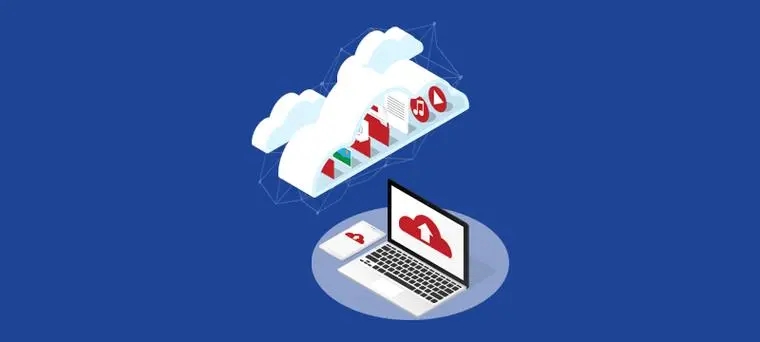Title: The Shell kinds with picturesImpact of Sims Games on Society: A Critical Analysis
Introduction:
Sims games, developed by Maxis, have become an integral part of the gaming industry, captivating millions of players worldwide. With each iteration of the game, the developers introduce new features and concepts that shape the way players engage with the virtual world. However, the question arises: What impact do Sims games have on society? This article explores potential issues surrounding Sims games and examines their broader implications on society, culture, and personal development.
I. The Simulated Reality: A Reflection of Our Own Lives?
ses questions about the way players perceive and understand reality.
A. Unrealistic Expectations: Players may develop unrealistic expectations of relationships, careers, and life achievements, as the game often sents a pictureperfect life. This could lead to disappointment or dissatisfaction when faced with reallife challenges.
B. Identity Crisis: Engaging in Sims games might blur the line between the virtual and real world, potentially causing an identity crisis or difficulty in distinguishing between what is real and what is simulated.
II. The Social Aspect: Building Virtual Communities
ses questions about the impact of these virtual interactions on reallife social skills and relationships.
A. RealLife Connection: Can the skills developed in Sims games, such as communication and problemsolving, translate to reallife social situations? Or does excessive time spent in virtual worlds hinder the development of essential social skills?

B. Cyberbullying and Toxicity: As with any online platform, Sims games can become breeding grounds for cyberbullying and toxicity. The article examines the potential consequences of such behavior on players mental health and wellbeing.
III. The Role of Sims Games in Personal Development
ses questions about the potential impact of these games on personal development.
A. DecisionMaking Skills: Playing Sims games requires players to make decisions and learn from the consequences. This could enhance their decisionmaking skills in reallife scenarios.
B. Empathy and Understanding: As players navigate the lives of Sims characters, they may develop a better understanding of others perspectives and emotions. This could contribute to empathy and understanding in reallife interactions.
Conclusion:
nment, the article highlights the potential impact of Sims games on society, culture, and personal development. It is essential for players to strike a balance between their virtual and reallife experiences, ensuring that they do not become overly dependent on the simulated world while neglecting the challenges and opportunities of the real one. By doing so, Sims games can serve as a valuable tool for personal growth and learning, rather than a source of distraction or dissatisfaction.








